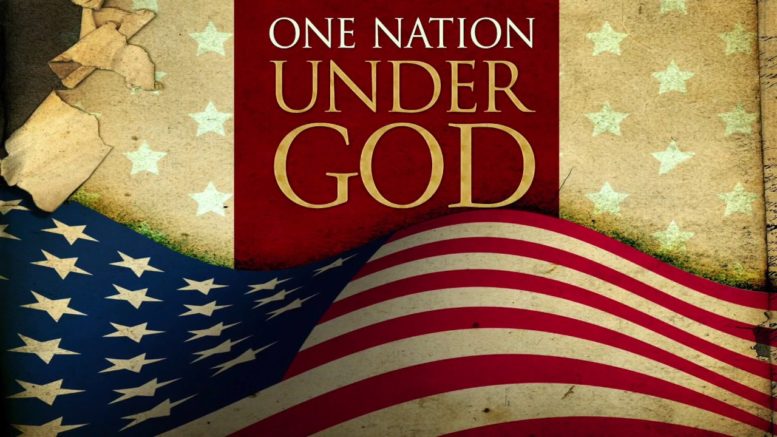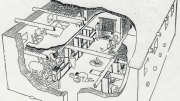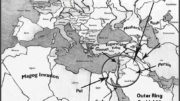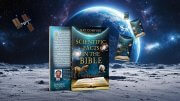Man must discern good from evil. It is part of how he fulfills his purpose. Original sin occurred when Man turned from God by disobeying and eating from the tree of knowledge of good and evil. Not taking a bite from the fruit, but choosing to take that bite. The action was only the end. Man’s will and choice were the means. The means underlying our actions matter.
One result of man’s action; we live in a broken world. We live with the virtue of hope that expects better things in the future. This hope requires faith, either in God or man. Each year many people make resolutions based on that hope.
But man must learn to make good choices; to distinguish between good and evil to succeed. We are not born with this knowledge, but each of us possesses God’s image that facilitates acquiring it. This is why education is so important. Educating children is a parent’s responsibility; but schools and community/society also contribute. From these sources we each learn models and anti-models of behavior; we learn about behaviors to imitate and others to avoid.
The Need for Classical Education
This is classical education’s primary purpose, to instill morality in its students so they can discern good from evil, and hopefully choose good. This curricula’s core requires exhibiting the ability to read and understand passages from a set of classical texts and stories from the Holy Bible—in both one’s native language and the language these texts were originally written in. Good and evil do not change, so the underlying morality within these sources never changes.
What We Learn
Take the stories of Noah, Abraham, and Moses as examples. Noah teaches that in an immoral society one’s personal choices still matter. From Abraham we can learn about obedience to God, and from Moses about leadership within a society choosing to live according to God’s word. But we also see many anti-models in the behaviors of many of the Israelite kings, Balaam, the people of Sodom and Gomorrah, and Jezebel, among many others.
These lessons are not restricted to just the Bible. We can also use history to see applications of these same lessons. The behaviors to imitate in the lives of those such as George Washington, Louis Pasteur, Madame Curie, and the saints. We also see behaviors to avoid in those such as the Roman emperors, Napoleon, Hitler, Stalin, or any despot you prefer to read about. Even in the philosopher’s lives such as G.K. Chesterton’s timelessness versus Jean-Jacques Rousseau’s emptiness. The core ideas they held carried over into their writings.
We even learn these lessons from those we meet and live with. The other day I said something as Barb and I were driving. She just looked at me and said, “I love it when your dad or grandpa show up.” I do too. It made me smile and feel warm and good inside. These were both men I have tried to follow. They were not perfect, but they were good. They chose good. Just like those models to imitate from the Bible and history.
So my resolution for this year is simple, to try to be less like me and more like them—and thereby more like Christ. If I can keep that resolution, it will be a good year. I wish you peace and blessing in the new year and beyond.





